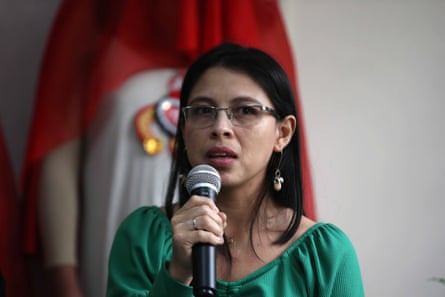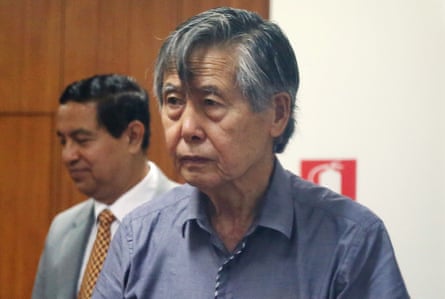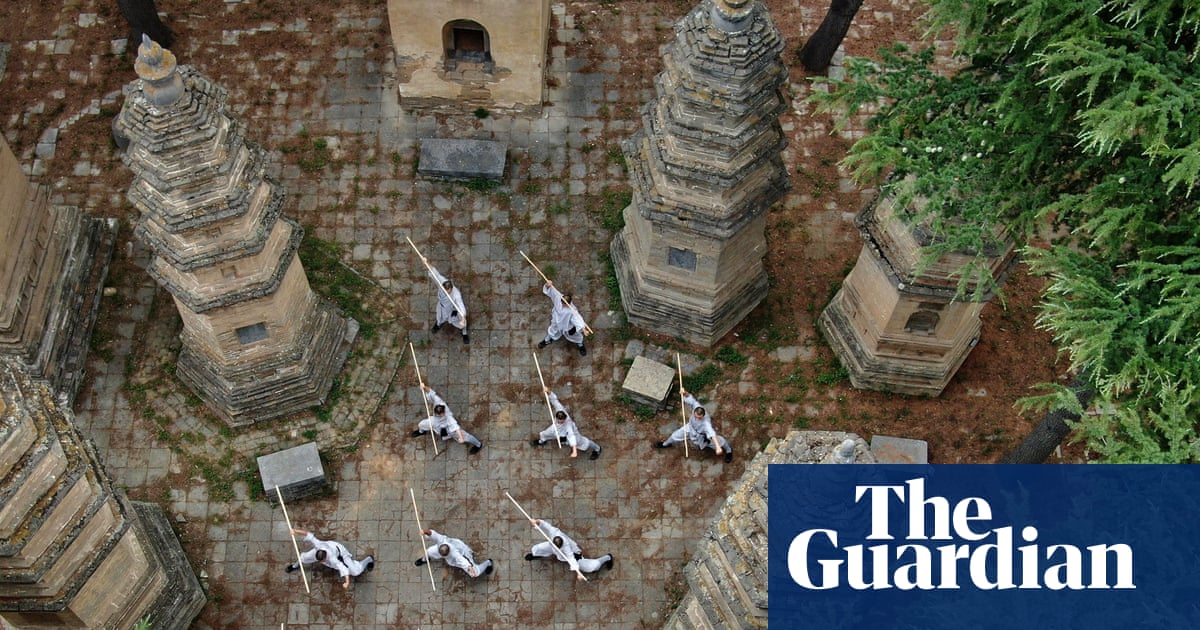The case of a forced sterilisation carried out in Peru in the 1990s will be heard by an international court on Thursday, 28 years after the procedure – one of many thousands – resulted in a woman’s death.
Celia Ramos was 34 when she died in 1997, 19 days after surgery for a tubal ligation caused respiratory failure. The mother of three was “harassed” into accepting the procedure, which was part of a nationwide family planning programme.
The mass sterilisation of hundreds of thousands of largely poor, rural and Indigenous women in the 1990s is regarded as one of the country’s most flagrant and widespread violations of human rights under the late former president Alberto Fujimori, but neither the leader nor his health ministers have ever been prosecuted for the campaign, which lasted years.
In 2024, the UN committee on the elimination of discrimination against women urged Peru to compensate women who were forcibly sterilised in the 1990s, ruling that the state policy could constitute a “crime against humanity”.
Marisela Monzón Ramos, 38, was just 10 years old when her mother died. The eldest of Ramos’s three daughters, she was in Guatemala City for Thursday’s hearing at the inter-American court of human rights.

“This is a huge step for us, considering the years of struggle. It has been nearly three decades since my mother died,” she told the Guardian before the hearing.
“[This hearing] gives us the opportunity that we have not had in our country.
“We are looking for justice. The Peruvian state should be held responsible for the death of our mother, who was completely healthy,” she said.
While this is the first case of a forced sterilisation in Peru to reach the inter-American court, the Celia Ramos case is representative of thousands of others, says Carmen Cecilia Martínez, an associate director at the Center for Reproductive Rights.
“The court’s decision could force the Peruvian state to make reparations to the victims of this case and open the way to justice for others,” she said.
Demus, a Peruvian NGO for women’s rights, presented the Celia Ramos case to the Inter-American Commission on Human Rights (IACHR) in 2010. Eleven years later, an IACHR report declared that the Peruvian state was responsible for the violation of Ramos’ rights and recommended the adoption of measures of reparation and non-repetition. However, as Peru made no progress in complying with the recommendations, the commission sent the case to the inter-American court in June 2023. The legal representation was bolstered by the regional Center for Justice and International Law (Cejil) and the Center for Reproductive Rights, which joined in the same year.

Martínez says successive health ministers under Fujimori turned the forced sterilisations into public policy, offering financial incentives to medical workers for each woman who was subjected to the procedure.
“The objective was very clear: to recruit women from poor areas, Indigenous, rural peasant women and eliminate their reproductive capacity, violating, among other rights, their right to reproductive autonomy,” Martínez said.
The legal team’s hope, she explained, is for the court to declare the policy a crime against humanity, which would eliminate any statute of limitations on opening investigations.
“There is a very clear causal link between the violation of [Ramos’s] informed consent and her death,” Martínez said.
Monzón, a biologist, says the whole family, who lived in Peru’s northern Piura region, were left “devastated” by her mother’s death. “Our life was cut short,” she said. She and her younger sister recall how nurses repeatedly put pressure on their mother, who initially refused the procedure.
“She was a young woman, a very joyful woman, full of life,” she said. “She was a complete mother, a devoted wife, a lady who took care to be attentive for the good of all the beings she loved.”

 3 months ago
150
3 months ago
150

















































